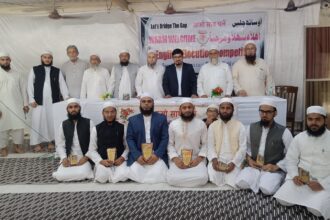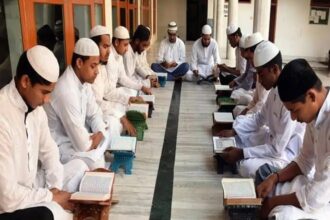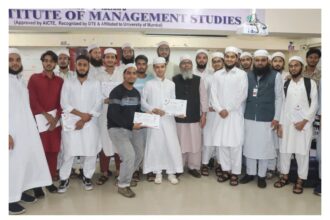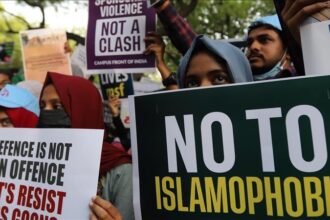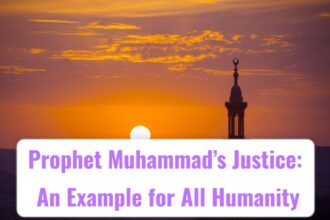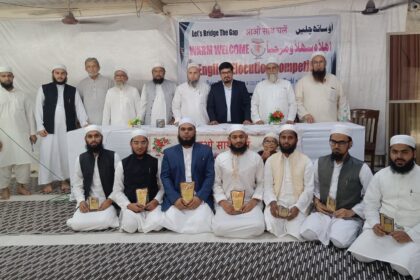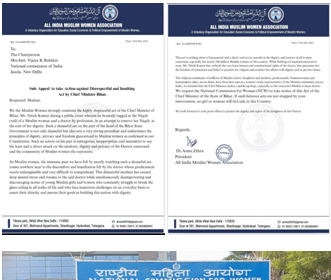Socio-Islamic Philosophy Part-2
By: Mudassir Ahmad Qasmi
Translated from Urdu by Shafiur Rahman Qasmi. He is an alumnus of Markazul Ma’arif Education & Research Centre, Mumbai
Human beings, in order to get better result in life bestowed upon by Allah, live together with fellow human beings. They help others and also seek it from them in their everyday affairs. This is actually a desirable chain which builds and shapes a beautiful society.
Keeping the above background in mind, let us understand what could be the basis for mutual cooperation; whether caste and community, race and color, faith and creed or something else. If we look into this matter, we reach the conclusion that these points can partly provide basis for mutual cooperation, not completely. That is because every human being, based on their nature, shares common necessities. Therefore, if a person considers caste and community, race and color, faith and creed as the basis for mutual cooperation, he some way or the other weakens the relationship which commands honor and reverence for every human being as the children of Adam.
We find it in a very clear term while studying the Quran and Ahadith that Allah and Prophet Muhammad (saws) have time and again reminded all human beings of their origin, so that they may be helpful for one another on this basis and, in this way, the objectives of humanity should be fulfilled. Thus, when Allah talks about ‘bestowing upon man’ in various places of the Qur’an, He includes entire humanity, instead of any special community. He says: “Indeed, We have dignified the children of Adam, carried them on land and sea, granted them good and lawful provisions, and privileged them far above many of Our creatures” (Surah Bani Israel: v. 70)
Similarly, the Prophet Muhammad (saws) also addresses people with a term ‘children of Adam’, so that they all carry the sense of being one and equal as human beings. He is reported to have said in the Farewell Sermon: “O People! Certainly, your Rab is one, your father is one. An Arab has no virtue over a non-Arab, nor does a non-Arab have virtue over an Arab, a red skinned person is not more virtuous than a dark skinned person nor is a dark skinned person more virtuous than a red skinned person except through Taqwa.” (Baihaqi)
These bright teachings of Islam are enough to tell us that the people we live with are basically ‘from us’ and we are ‘from them’. Formation of a good society can only be possible when we learn the skill of walking shoulder to shoulder with one another giving to and seeking help from them. We, however, must remember the following guideline of the holy Quran while extending and seeking help: “And cooperate in righteousness and piety, but do not cooperate in sin and aggression. And fear Allah; indeed, Allah is severe in penalty”. (Surah al-Maidah: v. 2)
‘Nation is formed on the basis of territory’ or ‘territory is formed on the basis of nation’ is another permanent question which is not a topic of our discussion here.
In a nutshell, we just need to understand here that the dwellers of our country are connected with one another in two aspects: being children of Adam, and being citizens of this country. Here the main point is that we will not find ourselves alone at bad time, provided we build relationship with various communities residing this country on the basis of this point. We should, therefore, never allow ourselves to adopt the negative attitude of the opposing groups. We should move forward under the shade of Islamic guidance regarding co-existence and co-operation. Such positive attitude will surely favor us against odd situations.
To read Part-1 click the link below
Sincere People Give Us Shelter and Breeze against the Heat of Life: Let’s Choose Them


